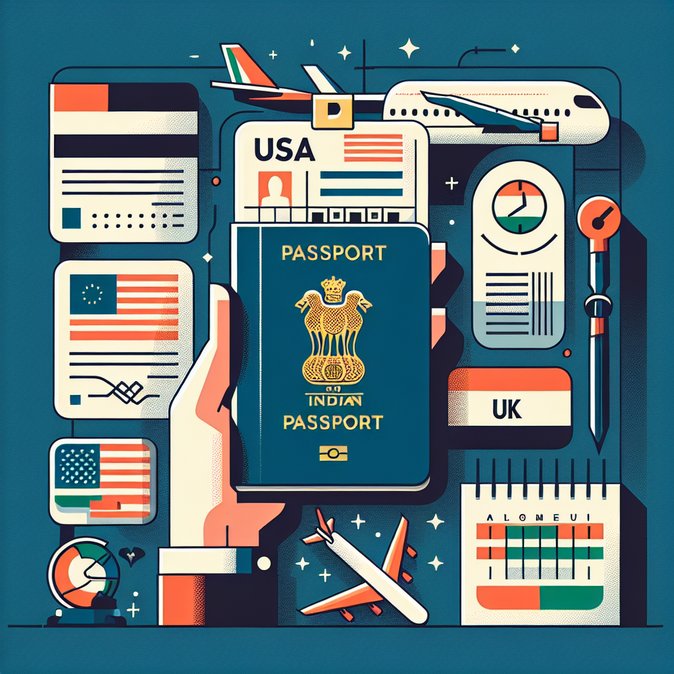
Indian nationals remain one of the largest outbound markets to the United Arab Emirates, accounting for more than 2 million arrivals a year. On 8 November 2025, Gulf News published an updated explainer after immigration counters at Dubai International Airport reported a spike in last-minute rejections triggered by confusion over the visa-on-arrival regime.
Under the policy – unchanged in substance but newly clarified – Indian citizens can obtain a 14-day (Dh 100) or 60-day (Dh 250) entry visa at any UAE port of entry **without** prior online application, provided they hold (1) a valid U.S. tourist or resident visa/Green Card, or (2) a valid UK or EU residence permit/visa, or (3) a long-term residence permit from Australia, Canada, Japan, New Zealand, Singapore or South Korea. All documents and the passport itself must have at least six months’ validity on the day of arrival.
![UAE clarifies visa-on-arrival rules for Indian passport holders]()
Border officers stressed that expired or short-validity third-country permits are the main reason for refusals at the counter. Travellers must also pay the fee by card or cash on site; extensions are available once only, at Dh 250 for the 14-day visa.
For businesses, the clarification removes a persistent pain-point for short-notice travel by Indian executives transiting through Dubai for conferences and sales calls. Corporate mobility teams are advised to keep scanned copies of employees’ qualifying U.S./UK/EU documents in global travel profiles so that airline check-in staff can verify eligibility before boarding.
The General Directorate of Residency and Foreigners Affairs (GDRFA) urged passengers to rely exclusively on official channels or reputable airlines for information and warned against social-media “visa agents” charging service fees for what is essentially an on-arrival process.
Under the policy – unchanged in substance but newly clarified – Indian citizens can obtain a 14-day (Dh 100) or 60-day (Dh 250) entry visa at any UAE port of entry **without** prior online application, provided they hold (1) a valid U.S. tourist or resident visa/Green Card, or (2) a valid UK or EU residence permit/visa, or (3) a long-term residence permit from Australia, Canada, Japan, New Zealand, Singapore or South Korea. All documents and the passport itself must have at least six months’ validity on the day of arrival.

Border officers stressed that expired or short-validity third-country permits are the main reason for refusals at the counter. Travellers must also pay the fee by card or cash on site; extensions are available once only, at Dh 250 for the 14-day visa.
For businesses, the clarification removes a persistent pain-point for short-notice travel by Indian executives transiting through Dubai for conferences and sales calls. Corporate mobility teams are advised to keep scanned copies of employees’ qualifying U.S./UK/EU documents in global travel profiles so that airline check-in staff can verify eligibility before boarding.
The General Directorate of Residency and Foreigners Affairs (GDRFA) urged passengers to rely exclusively on official channels or reputable airlines for information and warned against social-media “visa agents” charging service fees for what is essentially an on-arrival process.











